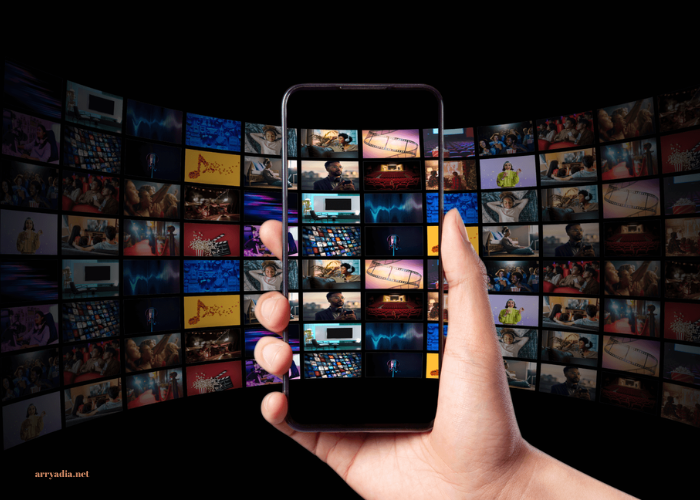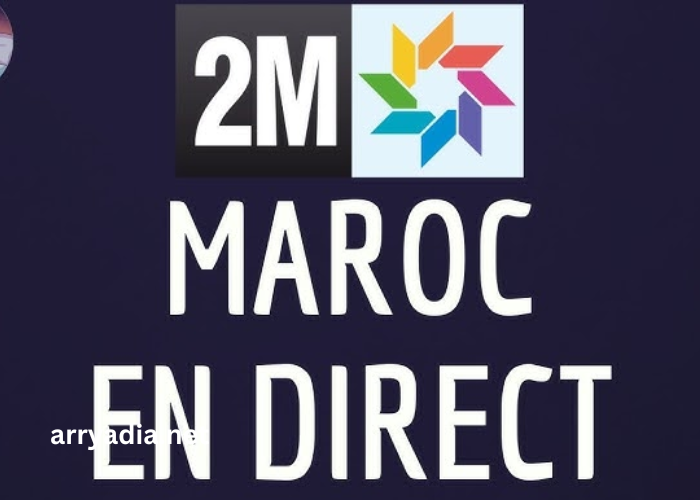The entertainment industry stands at the brink of transformative shifts as technological innovations and evolving consumer preferences reshape the landscape. As we delve into the future, several key breakthroughs promise to redefine how audiences experience entertainment, from immersive technologies to groundbreaking content formats. This article explores the forthcoming advancements set to revolutionize the industry, offering a comprehensive look at the trends poised to dominate the entertainment sphere.
Immersive Technologies: The Rise of Virtual and Augmented Reality
Virtual Reality (VR) and Augmented Reality (AR) are set to become central pillars of the entertainment industry. VR, with its ability to create fully immersive environments, has already made waves in gaming and simulation experiences. However, its potential extends beyond gaming into areas such as virtual concerts, immersive storytelling, and interactive cinema. For instance, VR platforms like Oculus Quest and HTC Vive are pushing the boundaries of how audiences engage with content, enabling them to step into entirely new worlds and interact with characters and settings in unprecedented ways.
AR, on the other hand, enhances real-world experiences by overlaying digital information onto the physical environment. This technology has the potential to revolutionize live events, allowing audiences to interact with virtual elements seamlessly integrated into their surroundings. Imagine attending a concert where the stage is augmented with holographic visuals that respond to the music or participating in an interactive movie where characters and objects appear in your living room.
AI-Driven Content Creation and Personalization
Artificial Intelligence (AI) is making significant strides in content creation and personalization. AI algorithms are now capable of generating scripts, composing music, and even directing films with minimal human intervention. For example, AI-driven tools can analyze vast amounts of data to identify trends and preferences, enabling content creators to tailor their offerings to specific audience segments. This level of customization ensures that content resonates with viewers on a more personal level, enhancing their overall experience.
Moreover, AI-powered recommendation engines are becoming increasingly sophisticated, offering viewers highly personalized content suggestions based on their viewing history, preferences, and behavioral patterns. Streaming platforms like Netflix and Hulu leverage AI to curate content libraries that cater to individual tastes, ensuring that users are always presented with relevant and engaging options.
The Evolution of Streaming and Distribution
The rise of streaming services has already transformed how we consume media, but the evolution is far from over. As technology advances, streaming platforms are exploring new ways to deliver content more efficiently and innovatively. The integration of 5G technology promises to enhance streaming quality, reduce latency, and enable seamless high-definition content delivery, even in mobile environments.
Additionally, the concept of “direct-to-avatar” content distribution is gaining traction. This approach involves delivering content directly to virtual avatars in online spaces, such as gaming environments and virtual worlds. For instance, users might experience exclusive movie screenings or live concerts within their virtual avatars’ digital spaces, creating unique and interactive experiences that blend entertainment with social engagement.
Blockchain and NFTs: Redefining Ownership and Monetization
Blockchain technology and Non-Fungible Tokens (NFTs) are revolutionizing the way digital assets are owned, traded, and monetized. In the entertainment industry, NFTs offer a new paradigm for ownership of digital content, allowing creators to sell unique, verifiable assets such as limited-edition artwork, exclusive behind-the-scenes footage, or collectible memorabilia. This technology not only provides a new revenue stream for artists and creators but also enables fans to own and trade exclusive content in a secure and transparent manner.
Blockchain’s decentralized nature also facilitates fair compensation for content creators by ensuring that royalties and revenues are distributed accurately and transparently. This technology has the potential to address longstanding issues related to intellectual property rights and revenue distribution, fostering a more equitable ecosystem for artists and creators.
Interactive and Transmedia Storytelling
Interactive storytelling and transmedia narratives are reshaping how stories are told and experienced. Interactive storytelling allows audiences to influence the direction of a narrative through their choices and actions, creating a more engaging and personalized experience. This approach is increasingly popular in gaming and digital media, where players can shape the outcome of the story based on their decisions.
Transmedia storytelling extends narratives across multiple platforms and formats, creating a cohesive and immersive experience that spans film, television, gaming, and social media. By integrating story elements across various channels, creators can build rich and expansive worlds that engage audiences on multiple levels. For example, a single story might unfold through a film series, an interactive game, and a social media campaign, each contributing to a larger, interconnected narrative.
Sustainability and Ethical Production Practices
As the entertainment industry continues to grow, there is an increasing focus on sustainability and ethical production practices. From reducing carbon footprints to implementing eco-friendly materials and processes, the industry is exploring ways to minimize its environmental impact. Initiatives such as virtual production, which uses digital sets and environments to reduce the need for physical locations, are gaining momentum as a way to make productions more sustainable.
Additionally, there is a growing emphasis on diversity and inclusion in entertainment content and industry practices. The demand for diverse representation in media has led to increased efforts to ensure that content reflects a wide range of perspectives and experiences. This shift is not only enhancing the quality and authenticity of storytelling but also fostering a more inclusive and equitable industry.
Conclusion
The entertainment industry is on the cusp of remarkable breakthroughs that will redefine how audiences experience and engage with content. From immersive technologies like VR and AR to AI-driven personalization, blockchain innovations, and interactive storytelling, these advancements promise to enhance the way we consume and interact with media. As the industry embraces sustainability and ethical practices, it is also setting new standards for responsible and inclusive production. As we look to the future, these trends will shape the next era of entertainment, offering exciting possibilities for creators and audiences alike.



